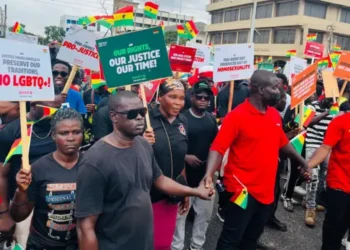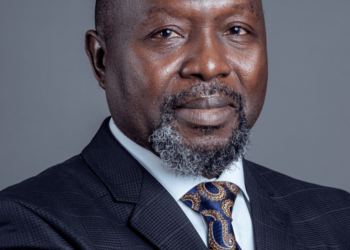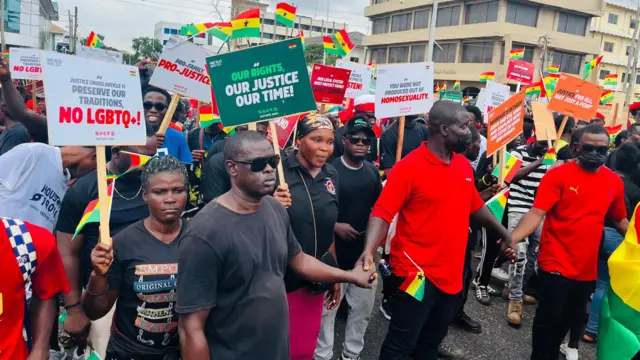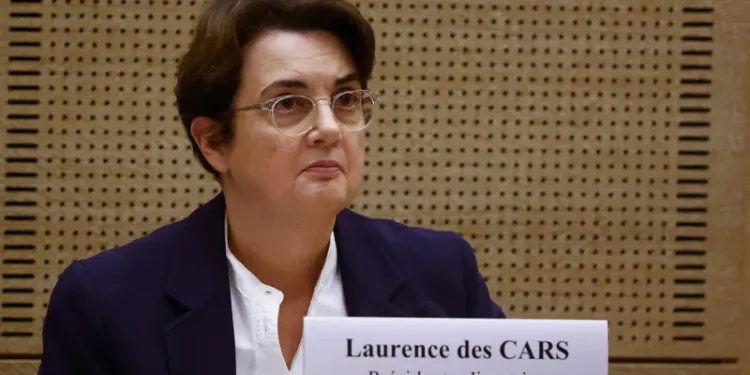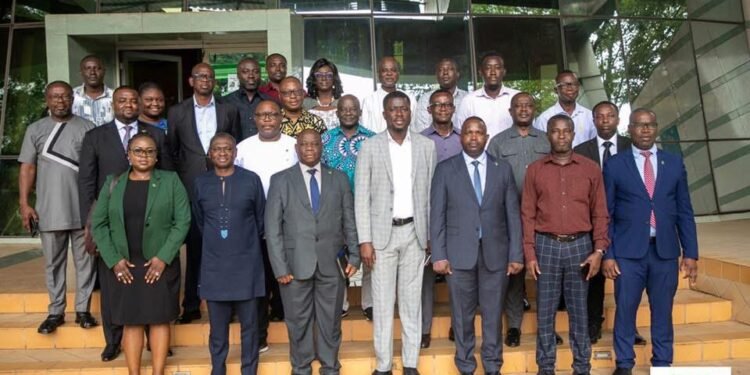The Alliance for Reproductive Health Rights (ARHR) has appealed to government to allocate more funds towards adolescent health issues in the country and also develop health policies and programmes, centred on adolescents for long term impact, especially in deprived areas.
Addressing in a statement the “Effects of COVID-19 on adolescent sexual reproductive health rights: the experience of adolescent girls in Ghana with Ashiedu- Keteke Municipality in focus”, Project Officer of ARHR, Ms Rhema Andah intimated that, good quality standards for adolescent responsive health systems are necessary and can only be achieved by investing in an adolescent responsive work force, evidence-based intervention and removal of systematic barriers.
Ms Andah said Ghana, like the rest of the world, had not been spared the effects of the pandemic, noting that COVID-19 had put unprecedented strain on health systems.
“The pandemic and its effects have had tremendous effects on various aspects of health care, especially in areas that has more population of adolescents and young people.”
She said, progress towards achieving Universal Health Coverage (UHC) required that adolescent health was prioritised and health care systems made more adolescent responsive adding that, government had responded fairly well to difficulties facing adolescents in the path towards achieving UHC by 2030.
Touching on access to sexual reproductive health services in the Ashiedu-Keteke Municipality, Ms Andah said some girls disclosed that, the pandemic had affected access to quality essential adolescent health services.
“It is clear that in order to achieve UHC, a strengthened health system is necessary for managing infectious diseases but also for sustaining existing service provision for vulnerable populations.
“By contextualizing the state of adolescent reproductive health, we are able to see the ways in which the pandemic and other forms of crisis can drastically affect the wellbeing of adolescents, especially regarding their sexual and reproductive health.”
She however posited that, there is a clear challenge in ensuring the translation of set policies such as the 2000 Adolescent Reproductive Health Policy.
“This policy has the broad objective of providing a policy framework that promotes a healthy environment where young people can obtain information and services on reproductive health and exercise their reproductive rights through effective and sustainable programmes.”

Ms.Andah also indicated that, a good point in the policy was that, adolescent reproductive and sexual health programmes and services existed in schools and other government and non-governmental establishments for both long-standing and short-terms but however said that, information and services were unevenly concentrated with a focus on urban areas leaving rural areas largely underserved, though they are areas having the most-at-risk adolescents, adding that those gaps needed to be bridged.
According to a research by the World Health Organization, young people (10-24 years) constitute 29.3% of Ghana’s population.
WHO indicates that, these adolescents face challenges associated with sexual and reproductive health such as: HIV and STIs, nutrition, mental health, substance use, non-communicable diseases, intentional and unintentional injuries, various forms of violence, inequities and risks and vulnerabilities linked with child marriage, child labor, trafficking as well as disabilities.
It then noted that, the health sector in the country has the mandate to contribute to the promotion of the health and development of young people through the provision of quality adolescent health care using integration of services and programmes in health facilities and outreach sites including mobile services.




